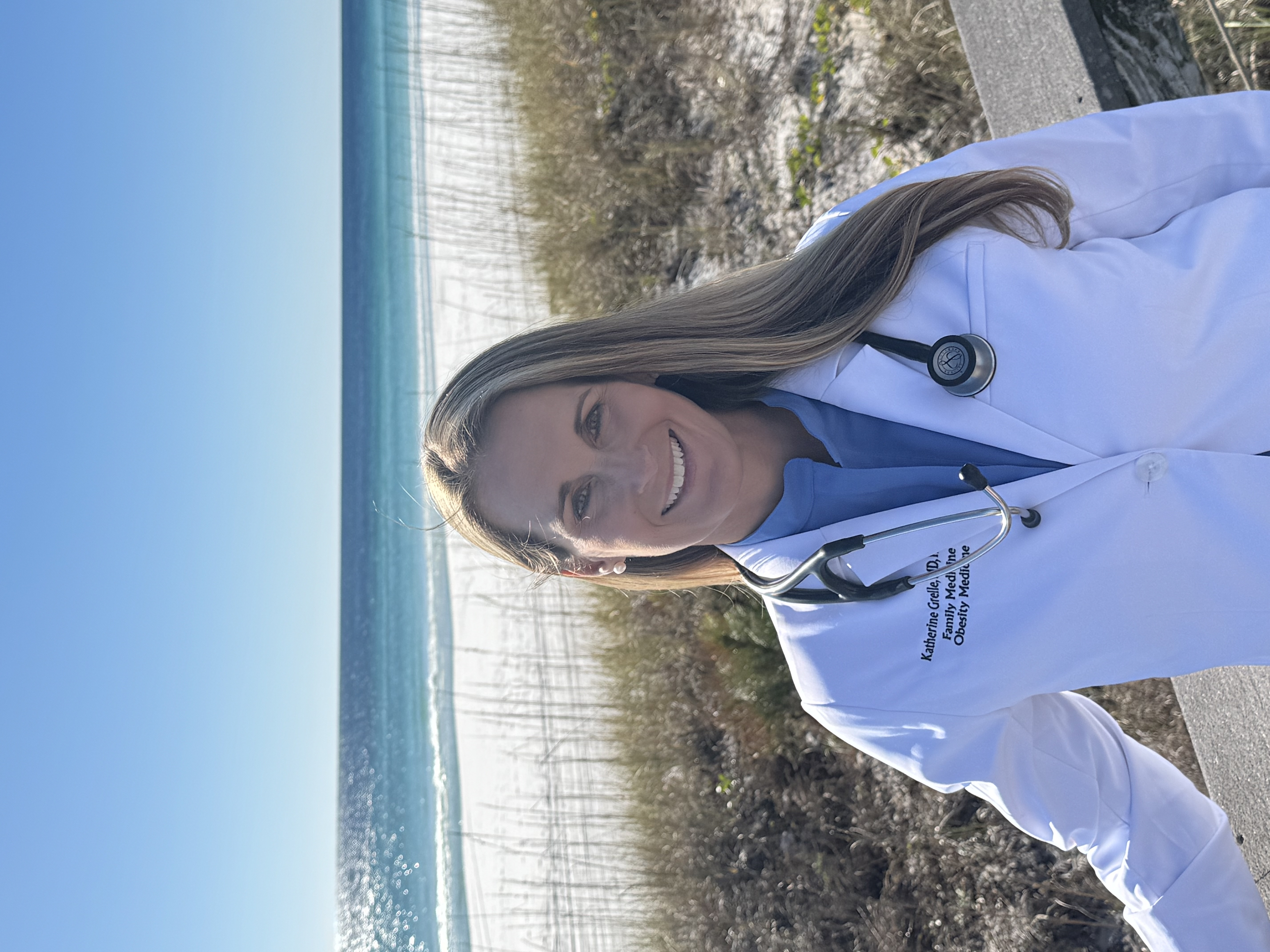It's National Immunization Awareness Month

August is National Immunization Awareness Month which serves to educate us all on the ability of vaccines to contribute to global health. Immunizations are a cornerstone of preventive medicine, protecting individuals and communities from serious infectious diseases. There is much controversy over vaccines in general, but vaccines have eradicated smallpox and polio, and measles and mumps were nearly gone too. Recently, we have seen an upsurge in measles cases due to non-vaccination. In addition, vaccines have significantly decreased the incidence of HPV related cervical cancer.
Adhering to recommended vaccine schedules reduces morbidity, mortality, and the risk of outbreaks of vaccine-preventable diseases. The Center for Disease Control and Prevention and the American Academy of Pediatrics provide detailed, annually updated schedules to guide immunizations for all ages. Here is a quick snapshot of the recommendations.
At birth, infants receive the first dose of hepatitis B vaccine. At two, four, and six months, the schedule includes diphtheria-tetanus-acellular pertussis (DTaP), inactivated poliovirus (IPV), Haemophilus influenzae type b (Hib), pneumococcal conjugate (PCV), and rotavirus vaccines. Children receive measles-mumps-rubella (MMR), varicella, hepatitis A, and additional doses of Hib and PCV at 12-15 months old. The final doses of DTaP, IPV, MMR, and varicella are given between four and six years of age.
Eleven and 12-year-olds receive tetanus-diphtheria-acellular pertussis (Tdap), human papillomavirus (HPV), and meningococcal conjugate (MenACWY) vaccines and then a booster dose of MenACWY at 16 years old. Tdap (lock jaw/whooping cough) protection is repeated every 10 years. Flu shots are recommended annually starting at six months of age. Varicella zoster (shingles) vaccine is at 50 years old. Finally, the pneumococcal vaccine booster is recommended at 65.
Maintaining high vaccination coverage is essential for individual and public health. If you have immunization questions or vaccine hesitancy, talk with your Family Medicine physician so we can all play our part in preventing the resurgence of diseases once thought controlled or eliminated. – Dr. Katherine Grelle